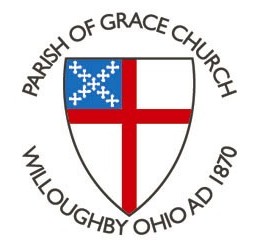 What is the Episcopal Church?
What is the Episcopal Church?
The Episcopal Church began as the American Colonial branch of the Church of England. It is now an autonomous province of the worldwide Anglican Communion. The Anglican Communion has spread well beyond its English roots, with about 70-80 million members in countries circling the globe. The word “Episcopal” comes from the Greek word episkopos, which means “overseer” or bishop. We are a branch of Christianity, guided by our bishops, and served by our priests and deacons who support the work and witness of the majority of our ministers, the baptized members of our church.
We are Diverse
Episcopalians are black, white, asian, Latino, Native American, Caribbean, and more. We are young and old, poor and rich, straight and gay. We try to reflect the diversity of the communities in which our congregations are located. Even though we are not there yet, we do strive to be welcoming communities of faith, sharing the love of God with all.
Jesus taught us that God’s deepest hope for us is that we would love God and love our neighbors (Matt. 22:37-40). In Jesus, we have found forgiveness for sins, which are the ways in which we fall short of the mark set by God. We seek to live into that forgiveness we have been given by being open and loving communities of faith. It’s a lofty goal, and when we fall short, we still have the love of God supporting us as we attempt to change to be more Christ like in our words and actions.
Our Beliefs
We believe first and foremost that we can best come to know God, our creator, through a relationship with his son, Jesus Christ. The clearest statements of what we believe is to be found in The Apostle’s Creed and The Nicene Creed. These 2,000-year-old creeds (short statements of faith) are held to be true by billions of people around the world today. Beyond that, the best place to learn what Episcopalians believe is the Bible, which is the source of our theology, and the Book of Common Prayer (BCP). The BCP is not only the guide to our conduct of worship, but it is also articulates our theology.
